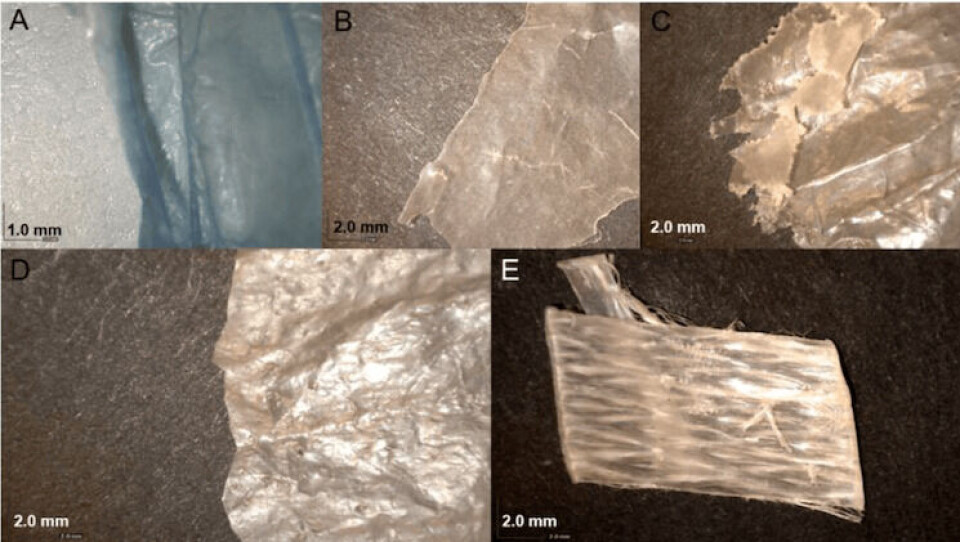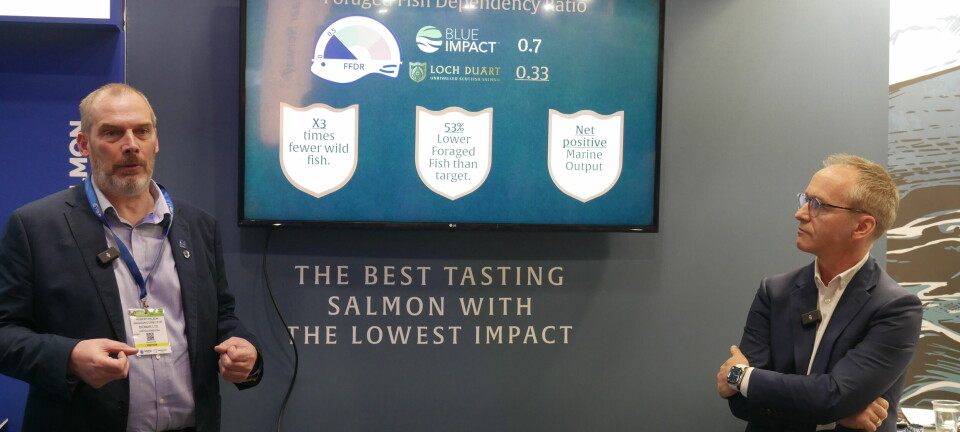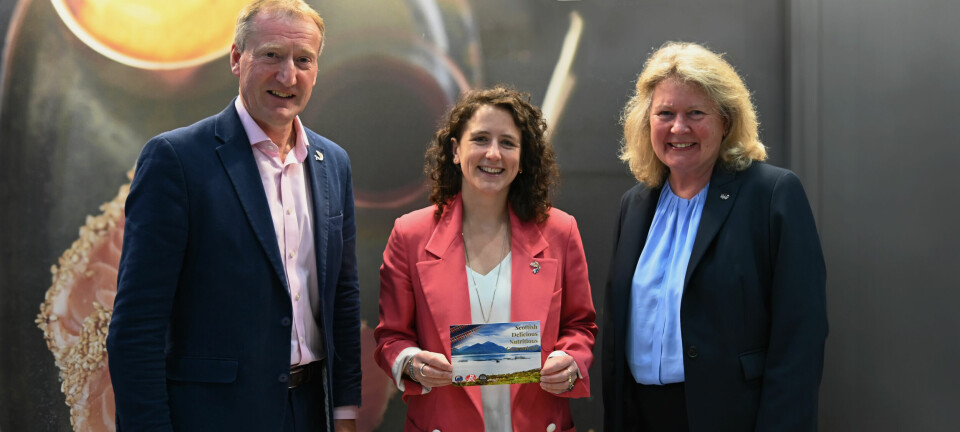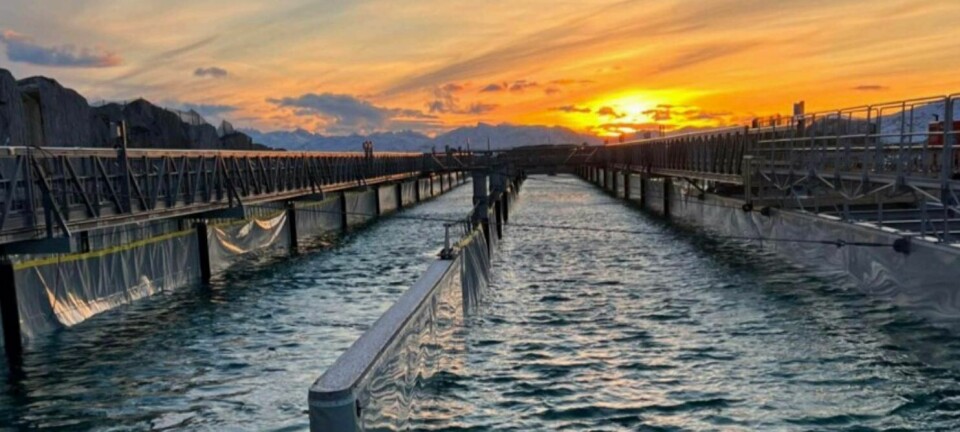
Study: Marine plastics could carry aquaculture pathogens
Scientists in Norway have concluded that plastics could be vectors for Aeromonona salmonicida and antibiotic resistance genes, posing a risk to salmonids.
Plastic provides a hydrophobic surface for the attachment of microorganisms, so it could act as a vector for the transport of aquaculture pathogens.
This colonisation of plastics by bacteria can also facilitate horizontal transfer of antibiotic resistance genes (ARG), due to the formation of biofilms.
Isolated bacteria
Although this has been studied, there is still a lack of knowledge about the microorganisms associated with plastic found in the marine environment and how these could affect the health of fish and, in turn, human health.
To increase the knowledge base, scientists in Norway attempted to investigate and characterise the presence of fish pathogens and antibiotic-resistant bacteria in marine plastics collected off the west coast of Norway.
To do this, they collected different types of plastics on the beaches of Øygarden, with sizes from 1 to 15 centimetres, and then isolated the bacteria present on the surface to isolate and sequence their entire genome in search of their pathogenic potential and ARG.
Virulence potential
“Marine plastic polymers identified as polyethylene, polyethylene / ethylene vinyl acetate copolymer and polypropylene, produced a total of 37 bacterial isolates dominated by Pseudomonas spp. (70%)”, the researchers wrote.
However, they also identified four isolates belonging to Aeromonas spp. Of these, three isolates of A. salmonicida presented the potential to be virulent, bearing virulence factors involved in adhesion systems, type II and type VI secretion systems, as well as toxins.
Regarding ARGs, they stated that “A. salmonicida and Acinetobacter beijerinckii carried new variants of antibiotic resistance genes (ARG), such as β-lactamases and chloramphenicol acetyltransferase (catB), while Morganella morganii carried several clinically relevant ARGs”.
Vectors
In conclusion, the researchers noted that the study “reinforces the notion that plastic debris can serve as vectors for the transport of fish pathogens and other opportunistic human pathogens in the marine environment. Marine plastics colonised by potentially virulent fish pathogens can affect aquaculture. Therefore, in-depth follow-up studies are needed to better understand the role of plastic in the spread of antibiotic-resistant pathogens in the marine environment.”
Read the full article titled “Marine Plastics from Norwegian West Coast Carry Potentially Virulent Fish Pathogens and Opportunistic Human Pathogens Harboring New Variants of Antibiotic Resistance Genes” here.




















































